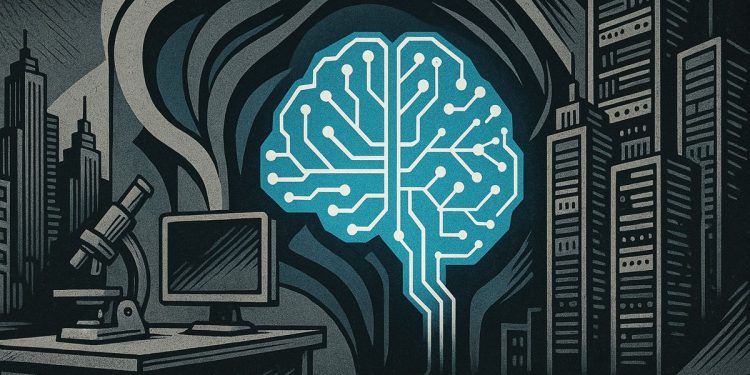Meta has started a new Superintelligence Lab focused on creating powerful human-like AI, called AGI, with Shengjia Zhao—a top AI expert from OpenAI—now in charge. Zhao helped build famous AI models like ChatGPT and GPT-4, and will now lead Meta’s next big AI projects, aiming to make them smarter and faster. The lab works separately from Meta’s old AI teams and is planning to use massive computer power to train its next AI model, Llama 5. Meta has spent billions to hire top talent, and hopes to show off its first big achievement from the lab by late 2025.
What is Meta’s new Superintelligence Lab and who is leading its AGI efforts?
Meta’s new Superintelligence Lab, led by former OpenAI researcher Shengjia Zhao, aims to accelerate the development of artificial general intelligence (AGI). Zhao will oversee Meta’s next-generation AI models, consolidating efforts to create human-level intelligence and advance Meta’s position in AI research.
Meta has tapped former OpenAI researcher Shengjia Zhao to lead its newly minted Superintelligence Lab, a division that now sits at the epicenter of the company’s campaign to build human-level artificial general intelligence. Zuckerberg confirmed the appointment on Meta’s internal Threads feed two days ago, noting that Zhao will report directly to him and will hold the title “Chief Scientist, Meta Superintelligence Labs.”
The move reunites Zhao with work he helped start. During his OpenAI tenure he co-authored the original ChatGPT paper, served as a core contributor to GPT-4, and co-designed the chain-of-thought reasoning stack that powers OpenAI’s o1 and o3 model families. Meta is now hoping to transplant that same architecture into its next Llama generation after Llama 4’s lukewarm launch last quarter.
The Superintelligence Lab operates outside the long-running FAIR division led by Yann LeCun, giving Zhao a clean slate to consolidate Meta’s scattered large-model efforts. Internal road-maps viewed by Axios estimate a ten-fold training-compute jump for the forthcoming Llama 5, with dedicated clusters already under construction in Iowa and Texas.
Zhao’s hiring is the latest in a spending spree that has already cost Meta more than USD 14 billion this year to poach top minds from OpenAI, Google, Anthropic and Apple. Industry trackers at CB Insights now rank Meta second only to OpenAI in cumulative AI talent acquisitions, leaping from seventh place in 2024.
Although Zuckerberg has promised “hundreds of billions” more in infrastructure outlays, early leaks suggest the lab’s first public milestone could arrive as soon as late 2025: a 200-billion-parameter sparse-mixture model optimized for both reasoning and multimodal tasks.



















